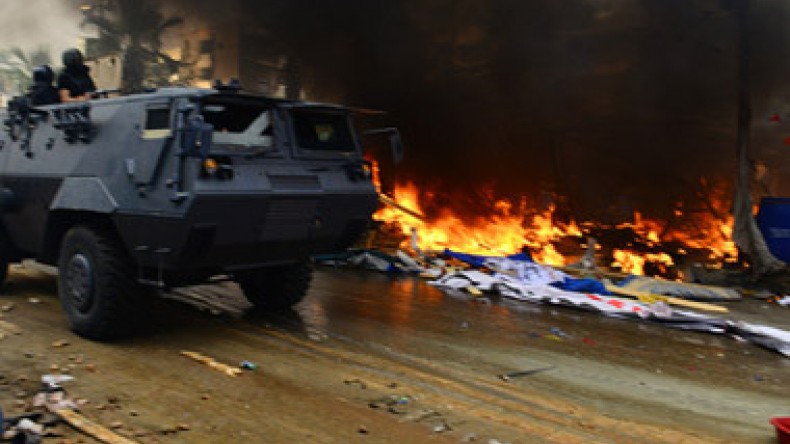
Arab Spring: Three years after
Three years ago Egypt saw first days of the Arab Spring. On January 25, 2011, the country became flooded by demonstrators calling for the resignation of the-then President Hosni Mubarak. However, in the following three years not only Mubarak was toppled, but his successor Mohammed Morsi also lost the helm. Still, this didn't make Egypt more democratic, as well as other countries affected by the unrest, the Voice of Russia reports.
The Arab Spring triggered no democratic changes in Maghreb or the Middle East, but damaged the economy of the countries in the region – losses accounted for some 800 billion dollars, argues Russia's presidential envoy for Africa and the head of the Federation Council International Affairs Committee Mikhail Margelov.
"The uprising became no triumphal procession of the Western-like democracy", - he said, adding "But it was democracy that students and westernized intellectuals sought, that was the reason behind the protest. But it doesn't mean everyone is disappointed, says the president of the Institute of Middle East Studies Evgeny Satanovsky.
"Qatar, Saudi Arabia and Turkey reached their goals – got rid of competitors for power, as well as oil and gas exports in the world market. But it has nothing to do with democracy, youth and intellectual elite. An old saying has it – revolutions are masterminded by romantics, made by fanatics and benefitted by rascals.
Libya and Syria seem to face the most dramatic outcome of the events. Libya is one the verge of a split, while Syria is gripped by a civil and religious war. What looks like an exception in the region is Tunisia. It was the firestarter of the Arab uprisings and now its society, with certain reservations, can be called democratic. The chief researcher of the Institute of World Economy and International Relations Georgy Mirsky comments:
"Tunisia had an authoritative regime – democracy was out of the question. It wasn't fascist or totalitarian more of a presidential authority. But the president was toppled and now people more or less have a say. If by democracy we mean freedom of speech, opinion and vote - Tunisia has made a progress."
It's still early to make any conclusions about the Arab Spring outcome – Syria and Libya remain an open question. And the Gulf monarchies shouldn't relax either – the major reason behind the uprising was people fed up with decade-ruling leaders in the region. Earlier the Gulf tackled problems with money and redirecting protests to the neighboring countries: their revolutionaries are now fighting in Syria and other hot spots of the Islamic world. But nobody can predict how long this fragile balance will last.
Newsfeed
Videos






























